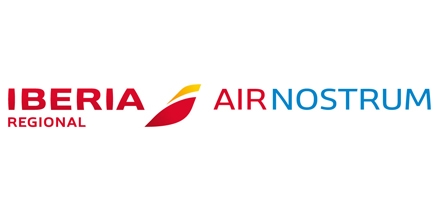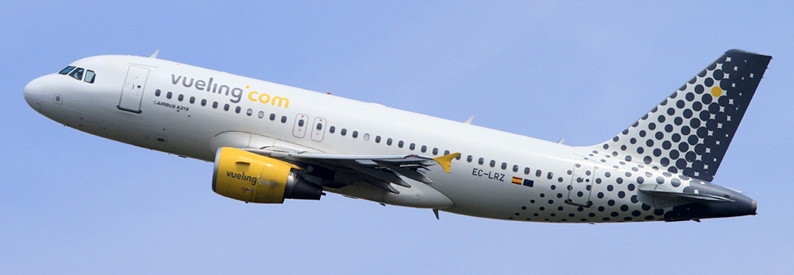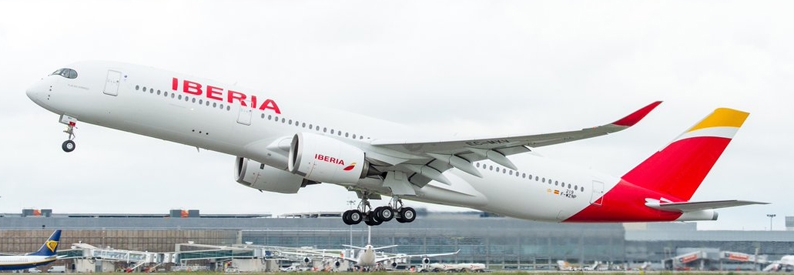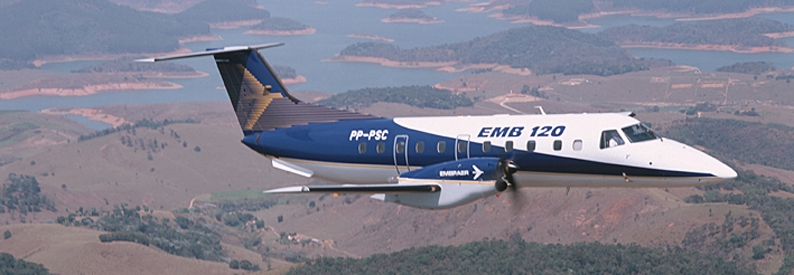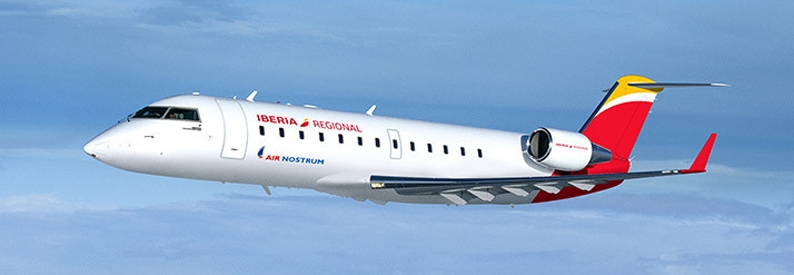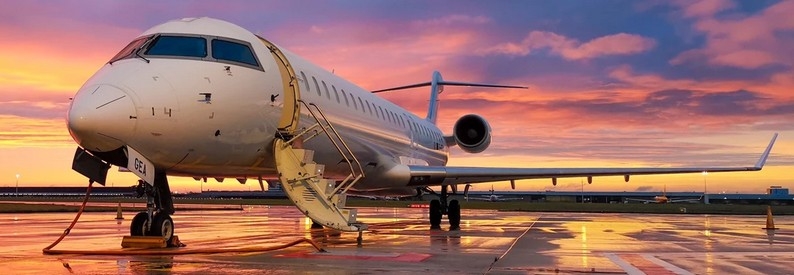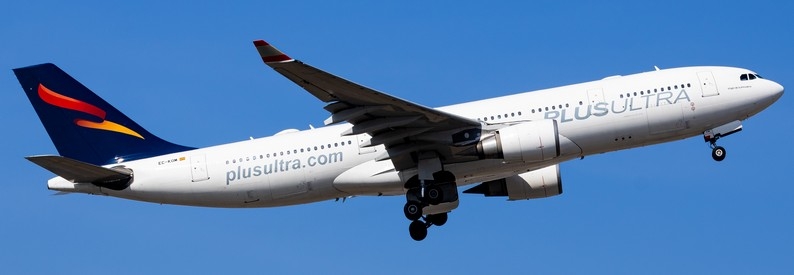The European Commission (EC) says it has opened an in-depth investigation to determine whether the Valencian regional government's plan to grant EUR9 million euro (USD9.9 million) to Air Nostrum (YW, Valencia Manises) for its fleet renewal drive conforms to EU State aid rules.
In 2017, Air Nostrum announced plans to acquire ten "environmentally friendly' CRJ1000ERs from then manufacturer Bombardier Aerospace (BBA, Montréal Trudeau). As part of its plans to boost the economic development of the region, the Regional Government of Valencia, in 2018, approved the granting of up to EUR3 million in subsidies to Air Nostrum to fund the purchase with plans to disburse up to EUR6 million in additional subsidies to the airline over the period 2019-2020.
Spain has argued that the measure falls under the environmental protection rules of the 2014 General Block Exemption Regulation (GBER) and that it does not, therefore, need to be assessed by the EC under State aid rules.
However, the EC said in a statement on October 30 that it has doubts on whether the aid has an “incentive effect”. In this respect, it will investigate whether Air Nostrum's 2017 decision to acquire the ten CRJ-1000s was directly triggered by the support, in line with the requirements set out in the GBER and the Guidelines, or whether the investment in the more environmentally friendly option would have been carried out in any event, even absent the public support. It pointed out that Air Nostrum had already renewed its fleet with eighteen CRJ-1000s before 2017 without any state assistance.
The bloc also argues that the GBER only applies to measures that support investments by the beneficiary airline. Under the GBER, for a lease to qualify as an investment, the contract needs to include the obligation (and not merely the option) to purchase the aircraft.
"The Commission has doubts at this stage that the type of leasing used by Air Nostrum meets this condition," it added.
- Type
- Base
- Aircraft
- Destinations
- Routes
- Daily Flights
